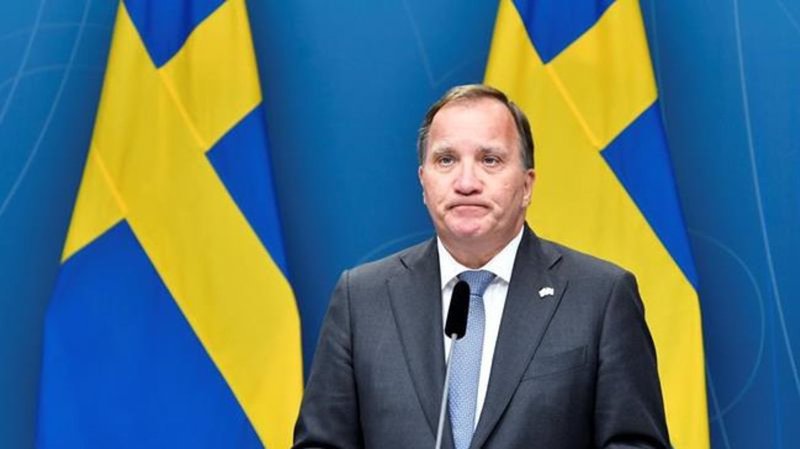
Swedish PM loses confidence vote, sparking uncertainty
STOCKHOLM (AP) — Stefan Lofven, Sweden’s Social Democratic prime minister since 2014, lost a confidence vote in parliament on Monday amid a housing crisis and skyrocketing real estate prices, making him the first Swedish government leader ever to lose such a motion.
The vote was initiated by the small Left Party, an ally of the minority government that is not in the two-party center-left coalition but had provided votes to pass the government’s legislation. The vote was 181-109 in favor of a motion that confidence had been lost in Lofven, and there were 51 abstentions.
The Left Party said it lost confidence in Lofven over a proposal to abolish rent controls on newly built properties.
Sweden has strict regulations on rents aimed at maintaining affordable prices in larger cities. However, this disincentives property developers from building new homes for the rental market. People needing to rent a home can find themselves waiting for years for a contract, and buying property is increasingly hard amid soaring home prices.


